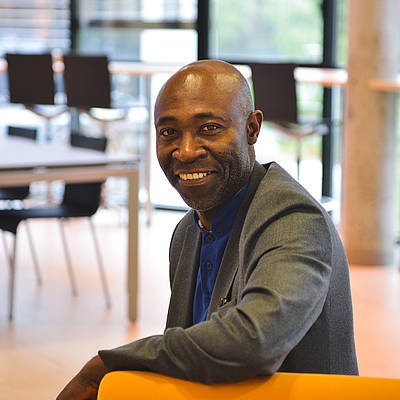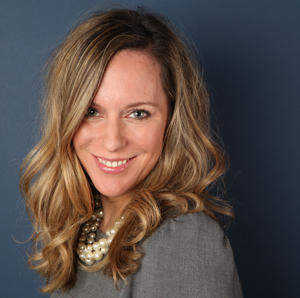
Understanding the “Savoir Faire”
In our series on Luxury Brand Management we have spoken to Professor Simon Nyeck, who’s been the Academic Director for the MBA in International Luxury Brand Management at renowned French business school Essec for the past ten years. He’s seen his programme grow from 17 to 45 participants with 80 per cent of students being non-French speakers from across the globe.
You started out with 17 students 25 years ago. Now it’s close to 50. When did your MBA specialisation start to gain in popularity?
We’ve seen a considerable increase in the past five years and have now reached our capacity. We can’t really go beyond 50 participants as it would get difficult with the companies that we involve for internships.
Can you explain this sudden increase in numbers?
I think there’s two things: Brands need more managers. So many of our students have been in touch with the companies and they advised them to look at Essec Business School. LVMH for example even recommends us on their website. And another group of our students works already in the industry as a middle manager at Louis Vuitton for example and then this middle manager wants to climb the career ladder and make the next step. The traditional global MBA programme doesn’t do the job in this particular industry as Luxury Brand Management is very specific, in some ways a managing paradox.
What do you mean by that?
In Luxury Brand Management you have to understand culture. You have to stick to the roots but also adapt to modernity. You have to be true to the origin but also speak innovation. No global MBA is doing that. And apart from that you need the networking abilities. Essec has a track record of 25 years. Our alumni are all across the industry opening doors for new graduates along the way. Harvard may be a brilliant business school but it doesn’t have a connection to Chanel.
So that means your students have no trouble finding jobs?
Yes, that’s correct. We have the one-year MBA programme as well as a Master in Management programme for younger participants and most people have interviews and jobs by mid-year. We bring our students to Hong Kong and about 45 per cent of our students have interviews for that region as that’s where companies are still opening new stores. Then we go to Dubai, another emerging business area, and many of our Arabic or Indian students find jobs in this region and so on.
What type of people are you and eventually luxury brands looking for?
We always look for smart people that bring a bit of colour. We also look for transferrable skills from previous jobs like digital talent or logistics and supply chain management for example. If someone comes from American Express we’d be interested because of the excellent consumer relationship management which is a very important component for luxury brand management. You’ve got to keep your customers happy.
And how important are languages?
Very important. Our language at school is English, but we offer French and Italian as electives which are essential languages as most luxury brands are French or Italian. And when it becomes hectic in these companies everyone switches into French or Italian and if you then don’t speak the language, it becomes very difficult.
I can see some essential differences between the standard MBA and where your specification takes this knowledge further. But going into even more detail, how does your programme differ in terms of courses from the standard MBA?
First of all our students have to understand the “Savoir Faire”: How is an Haute Couture dress made? How do you work with all those little workshops that create them and the same goes for the champagne and wine industry, the jewellery ateliers, and the watchmakers. We visit all those places to make the students understand that they all manufacture great products and that luxury is part of culture. We also have lectures in semiology and anthropology and we try to connect people with art and design which is also closely related to luxury brand management.
Interview by Barbara Barkhausen
Two careers of two Essec Business School graduates
 Maximiliano Nicolelli - CEO of Olivier Theyskens in Paris, Luxury Goods & Jewelry
Maximiliano Nicolelli - CEO of Olivier Theyskens in Paris, Luxury Goods & Jewelry
Maximiliano Nicolelli is CEO of Olivier Theyskens, but also finds the time to return to Essec Business School as a visiting lecturer for Strategy in the Luxury Industry. He attended Essec’s MBA in Luxury Brand Management himself in 2005/2006 followed by a Harvard executive programme in Global Strategy in 2009.
Before he took over the reins at Olivier Theyskens, he worked for Versace, Dolce & Gabbana, Ermenegildo Zegna, LVMH and Esteban Cortazar.
 Ginny Wright - Luxury Beauty Industry
Ginny Wright - Luxury Beauty Industry
Ginny Wright attended Essec's programme in 2006/2007. Before entering the world of luxury brands Wright worked as vice president of a global public relations agency.
Since graduating Wright was global vice president of Marketing at Ralph Lauren Fragrances and held several senior marketing positions at L'Oréal, was vice president of national accounts at Lancome, and is now leading a new company, Butterfly Beauty, which markets and distributes luxury beauty brands globally.
